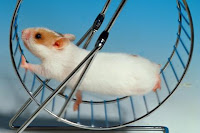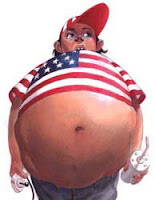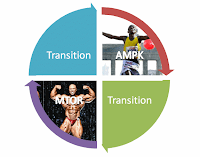HIITing Diabetes With the Hammer: 20min of Low-Volume High-Intensity Interval Training is Enough! + Metabolic Benefits and Optimum Interval-Format for Healthy People!

Figure 1: Number [in millions!] of prediabetics and diagnosed and undiagnosed diabetics in the USA according to data from the American Diabetic Association from January 2011 ( ADA. 2011 ) You probably remember Wednesday's news-item on high-intensity interval training (HIIT) for cardiac patients - as it turned out, even 2 weeks after myocardial infarction our central pump needs real exercise to get back in, or to get into even better shape. Today, I do yet want to go beyond infarction patients and address another, ever-growing sub-group of the self-perceived "victims" of the obesity pandemic, the type II diabetics. About a month ago, J.P. Little and his colleagues from the University of British Columbia Okanagan published a study in the Journal of Applied Physiology ( Little. 2011a ), the results of which confirm (once again) the unpopular hypothesis that getting your ass off the couch in order to work it off in






